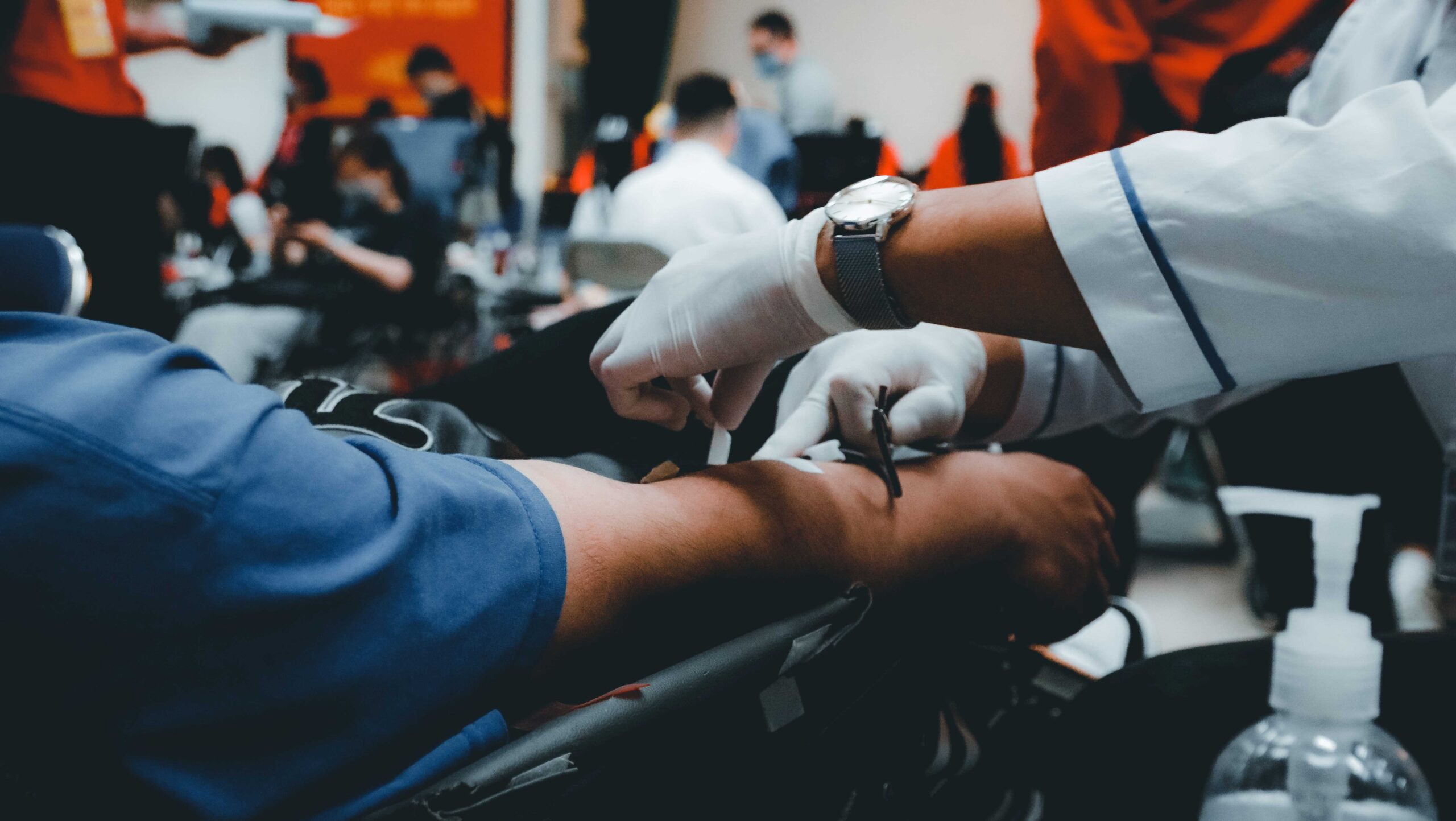In a seminal collaboration, the National Blood Service, Ghana (NBSG) has allied itself with Global Blood Fund and DIAGAST to inaugurate a ground-breaking project christened “Know Your Type”. This venture is targeted at ameliorating the acute paucity of blood donations by enlightening individuals on the pertinence of their blood type, especially in emergency scenarios.
The “Know Your Type” project is tailored to utilise the “foot-in-the-door” approach, which involves employing a systematic methodology in recruiting blood donors. This initiative is intended to address the gaping chasm between the exigency for blood and its accessibility, thereby preserving an increasing number of lives.
Dr Shirley Owusu-Ofori, the National Blood Service’s Chief Executive Officer, illuminated the gravity of the situation in her discourse at the launch, emphasising that the requirement for blood is both unrelenting and critical. She highlighted the challenges and tragic consequences engendered by the paucity of blood donors, particularly affecting women in childbirth and children.
“The pressing need for an augmented blood supply is the catalyst for our unwavering resolve to efficaciously and efficiently mobilise blood donors,” Dr Owusu-Ofori affirmed.
The importance of blood donation in Ghana
Furthermore, she underscored the project’s objective of enlightening the public regarding blood types. “There is a palpable dearth of awareness about one’s blood type and its crucial role in emergencies. The initiative aims to disseminate knowledge on the multifarious blood types, their compatibility, and the indispensable part they play in saving lives,” she elucidated.
Mr Evans Gavin, Executive Director of Global Blood Fund, provided a historical perspective on the initiative. He disclosed that the deliberations for the project commenced in 2019, and a preliminary draft proposal was contemplated in early 2020. However, the unforeseen advent of the COVID-19 pandemic necessitated putting the project on hiatus. Mr Gavin urged the populace of Ghana to exploit this opportunity to ascertain their blood type and embrace the mantle of voluntary blood donors.
The initiative’s schema, as detailed by Dr Lucy Asamoah-Akuoko, Head of Research, Planning Monitoring and Evaluation, encompasses an intricate mapping of facilities and communities previously uninvolved in blood donation. The project envisages extensive on-site enrolment of prospective blood donors, acquainting them with the intervention.
This comprises conducting a gratis ABO RhD test employing Diagast ADB pads, furnishing test results via bespoke blood group information cards, edifying potential donors, and inviting them for blood donation. The methodology further entails conducting follow-up visits for blood donation within a 2-4 week period and assessing the project’s impact through questionnaires, qualitative interviews, and data analysis.
Dr Asamoah-Akuoko stressed that the success of this project is incumbent on the support and dedication of all staff members and, if proven efficacious, will warrant exploration of avenues to augment support for expanding the initiative.
Mr Stephane Eznack, General Manager of Africa, DIAGAST, disclosed that as an integral component of the project, DIAGAST will be bequeathing blood typing tools to the National Blood Service, to empower donors with knowledge of their blood groups.
This project promises to be a monumental stride in fortifying the blood donation landscape in Ghana, and could potentially become a blueprint for similar initiatives worldwide.

Image Credit: Nguyễn Hiệp on Unsplash





